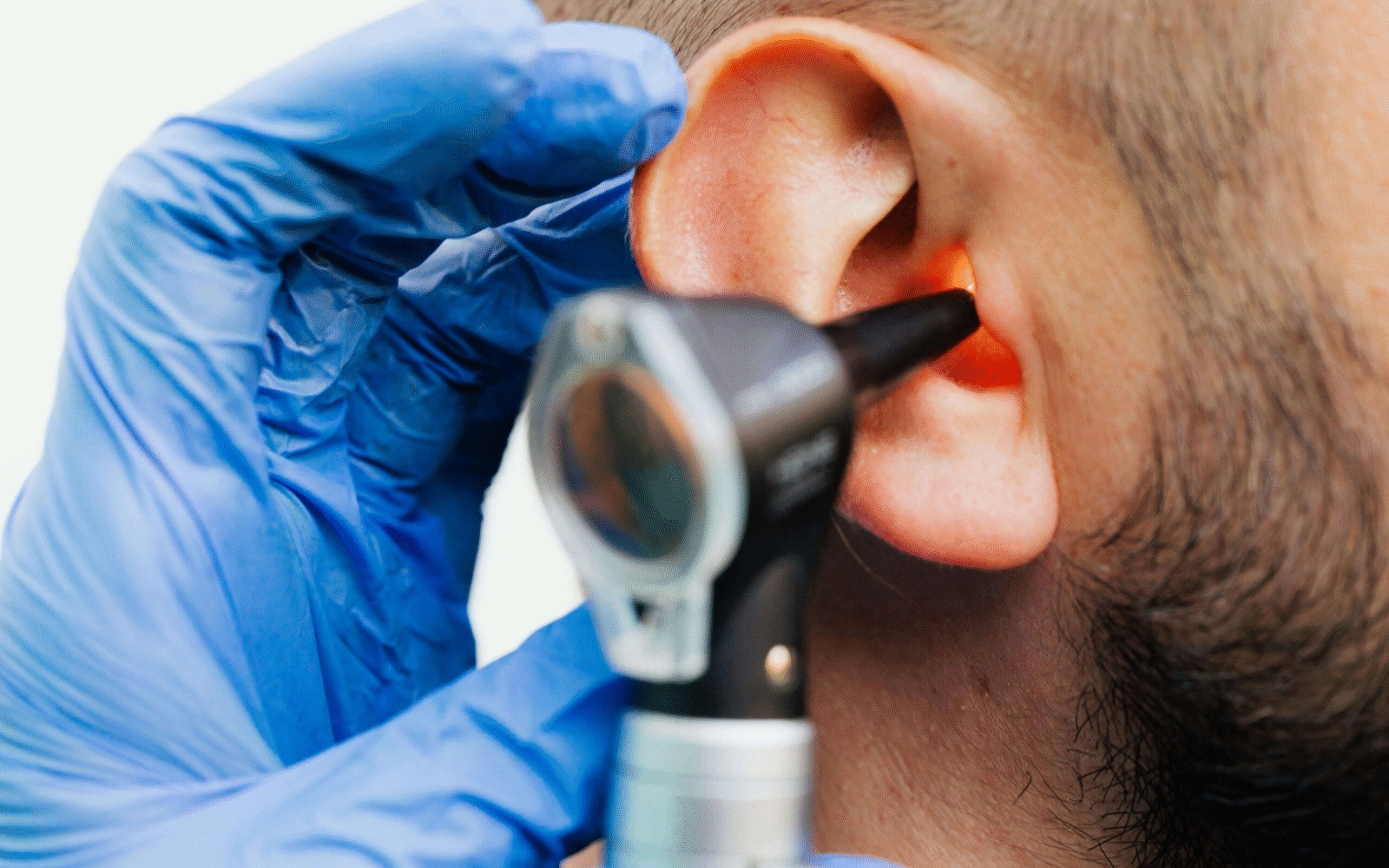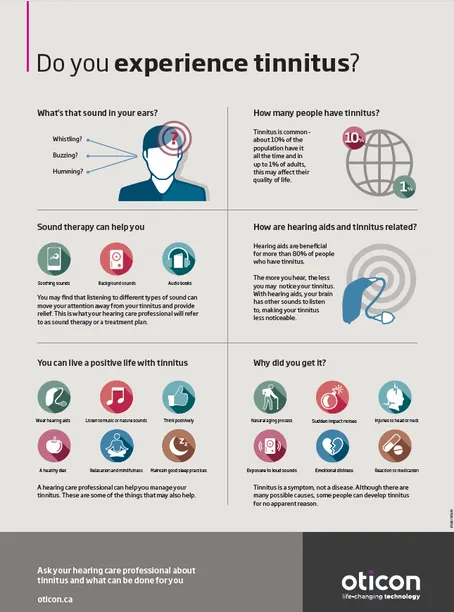Hearing Aids for Musicians: Specialized Features
For musicians, hearing isn’t just about getting by in conversations


For musicians, hearing isn’t just about getting by in conversations

Do you ever experience a persistent ringing or buzzing in your ears that

In today’s fast-paced world, technology has revolutionized how we